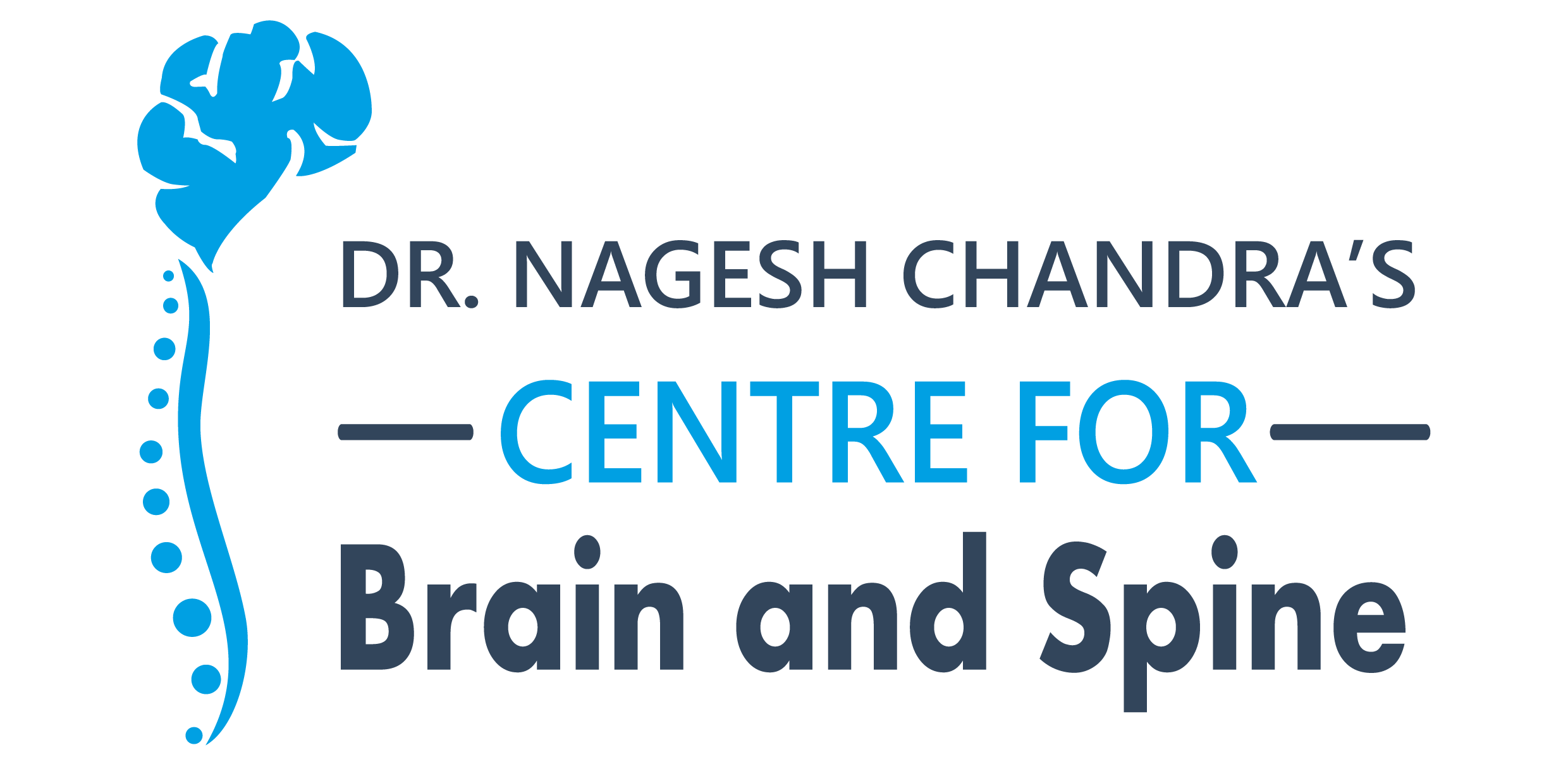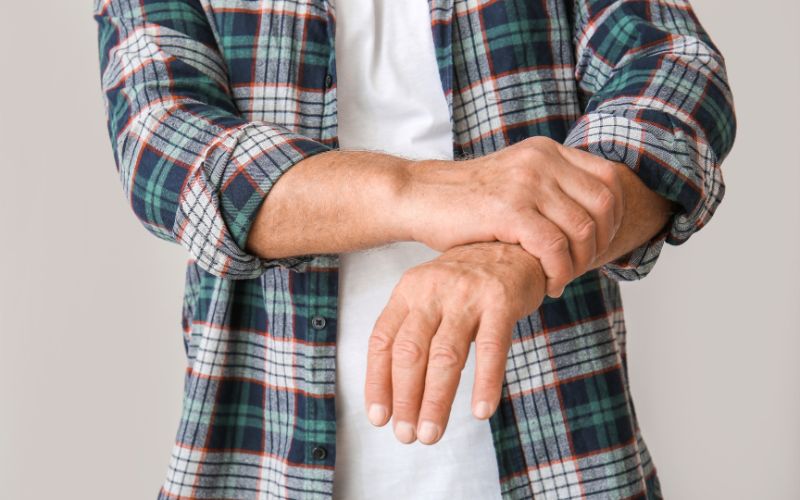Parkinson’s disease is a condition that affects movement, making everyday tasks more difficult. While there’s no cure yet, there are various treatments available to treat this disease. These include routine medicines, therapies, daily life changes, and sometimes surgery. By working with neuro specialist doctor, people with Parkinson’s disease can get relief and live better more comfortably.
Treatment of Parkinson’s Disease
These are the following treatments:
Medicines used for Parkinson’s disease
Medicines are used for controlling Parkinson’s disease and help reduce symptoms. Here’s a closer look at the most often utilised medications:
- Levodopa: It is the most effective Parkinson’s medicine. It transforms into dopamine in the brain, which helps to alleviate symptoms such as stiffness and slowness.
- Carbidopa: It is taken with levodopa to reduce nausea and increase levodopa’s ability to reach the brain.
- Dopamine agonists: These medications replicate dopamine’s effects in the brain. They are not as potent as levodopa, but they can be administered alone in the early stages or combination with it later on. Examples are pramipexole and ropinirole.
- MAO-B inhibitors: These drugs, such as selegiline and rasagiline, inhibit the breakdown of dopamine in the brain, allowing it to remain longer. They can be taken alone in the early stages or combination with other drugs.
- COMT inhibitors: These medications, such as entacapone, prolong the impact of levodopa by inhibiting an enzyme that breaks it down. They are commonly used when the benefits of levodopa begin to wear off before the following dose.
- Anticholinergics: These drugs reduce tremors and muscle stiffness by regulating chemicals in the brain. They are less widely utilised due to adverse effects such as disorientation and memory loss.
- Amantadine: Amantadine, which was originally used to treat the flu, can help lessen symptoms such as tremors and stiffness, particularly in the early phases, as well as regulate levodopa-induced dyskinesias.
Note: Parkinson’s medicines must be carefully only after consultation from doctor monitored and changed as the disease advances and symptoms vary. It’s essential to work closely with a doctor to determine the ideal combination and dosage for you.
Parkinson’s Disease surgery in Delhi
Deep brain stimulation (DBS): Deep brain stimulation (DBS) is a medical therapy that involves administering a modest electrical current to a specific area of the brain. The electricity in that current stimulates brain cells in that region, which help with various conditions. The electricity travels to your brain via one or more cables connected to a tiny device placed beneath your skin near your collarbone.
Each human brain contains billions of neurons, which communicate with one another using electrical and chemical impulses. Several brain diseases can reduce the activity of neurons in various areas of the brain. When this occurs, those areas of your brain do not function well. Depending on the section of the brain injured, you may have disturbances in the abilities controlled in that area.
DBS employs an artificial electrical current to stimulate neurons, which can alleviate symptoms of various brain diseases. However, researchers still don’t understand how or why this operates.
Daily Lifes changes for this Disease
Exercise: Regular physical activity can boost strength, flexibility, balance, and overall health. Simple exercises such as walking, stretching, and swimming can be extremely useful. Exercise can also assist in alleviating despair and anxiety, which are frequent in Parkinson’s patients.
Healthy Diet: A well-balanced diet rich in fruits, vegetables, whole grains, and lean proteins can help you stay healthy. High-fibre foods and plenty of fluids can help prevent constipation, which is a typical symptom of Parkinson’s disease.
Adequate Sleep: Good sleep habits, such as going to bed at the same time every night and having a comfortable sleeping environment, can help you sleep better.
Therapies for Parkinson’s
- Physical Therapy: Physical therapists can create exercise routines specific to an individual’s needs to enhance mobility, balance, and coordination. They can also teach ways to make regular tasks easier and safer.
- Occupation Therapy: Occupational therapists assist persons with Parkinson’s disease in maintaining independence by providing solutions for daily tasks such as dressing, eating, and bathing. They can suggest adapted equipment, such as grab bars or specific utensils, to make these chores easier.
- Counselling and Support Groups: Talking to a counsellor or therapist can help you cope with Parkinson’s emotional issues, such as depression and anxiety. Support groups offer an opportunity to share your experiences and receive support from those who understand what you’re going through.
Alternatives of treatment for Parkinson’s
Massage : Massage relieve muscle tightness, increase circulation, and induce relaxation. It can also relieve pain and help you feel more relaxed.
Acupuncture: Acupuncture involves placing tiny needles into particular spots on the body.
Some people report that it alleviates pain, improves sleep, and relieves other symptoms.
Yoga: Yoga involves mild stretching, breathing exercises, and meditation. It can increase flexibility, balance, and strength while also reducing tension.
Tai Chi: Tai Chi is a form of exercise that combines slow, controlled motions with deep breathing. It can improve balance, coordination, and overall health.
Aromatherapy: Aromatherapy promotes relaxation and well-being through plant essential oils. Scents such as lavender and peppermint might assist to relieve tension and boost mood.
Music and Arts Therapy: Participating in music or art activities can bring emotional and cognitive stimulation. These therapies can improve your mood, relaxation, and general satisfaction.
Important Notes
- Consult Your Doctor: Always consult with your doctor before beginning any therapy or medicines to ensure safety for your condition.
- Personal Preference: What works for one person may not work for another, so it’s crucial to figure out what works best for you.
Managing Parkinson’s disease entails a combination of medicines, adjustments, therapy, and treatments. Massage, yoga, and acupuncture, in addition to regular medical care, help you reduce symptoms and enhance life. Always collaborate with your neurosurgeon in Delhi and doctors to take care of your physical and emotional well-being is needed for living well with Parkinson’s.

